The book is based on seminar proceedings on Traditional Water Management Systems organized by the Indira Gandhi Rashtriya Manav Sangrahalaya, Bhopal and held in four components, at Bhopal, Ahmedabad, Pune and Bhandara. Apart from presenting history of water management in India from ancient to contemporary times, this book brings out managerial, legal and financial problems which stand in the way of recycling of local water harvesting structures. Simple techniques of conserving water, farmer managed irrigation systems, law and policy of water management, study of tanks, recharging of springs, Chalcolitic irrigation in Pune Distt. Etc. are some of the topics dealt with in details. As the theme of the seminar suggests, site-specific examples of various water management systems have been given from archaeological record and contemporary contexts. This book has thirty three articles as well as suggestions and recommendations written by eminent scholars, which will prove useful in implementing various programmes. The papers bring out the fact that traditional water harvesting strategies continue to be relevant in development planning today. Such theme are not generally tackled by research organizations and governmental institutions. This work should, therefore, be a welcome addition to all libraries interested in the history and development of water management in India.
ABOUT THE AUTHOR Gyani Lal Badam
Dr. Gyani Lal Badam, a leading quaternary geologist and palaeontologist, has established the discipline of palaeontology at the Deccan College Postgraduate and Research Institute, Pune, where his academic interest diversified to include river valleys and water harvesting structures in central and peninsular India. A Fullbright scholar-in-residence earlier at Oregon University, he has published extensively on palaeo-environmental and ecological issues. At present, Dr. Badam is a Senior Consultant assisting the Indira Gandhi National Centre for the Arts in New Delhi to establish nexus between natural and social sciences, and is providing scientific inputs in cultural informatics.
ABOUT THE AUTHOR Kalyan Kumar Chakravarty
Dr. Kalyan Kumar Chakravarty is a renowned art-historian with M.A. in History from Calcutta. University. M.P.A. in Public Administration and Ph.D. in Fine Art from Harvard University, U.S.A. He has lectured extensively in India and abroad. He has many publications to his credit including books on Orccha, Gwalior Fort. Khajuraho, Rock Art in India and the World, Dangwada excavation, the Indian Family. He has launched and edited important issues of the archaeological magazine Puratan. Some of his forthcoming publications are the Early Buddhist Art of Bodhgaya, Art of Daksina Kosala, articles in the Macmillan Dictionary of Art, London, an edited volume on Tribal Identity. He has chaired sessions in national and international seminars including World Archaeology Congress, World Ethnobiology Congress, Indian Science Congress. He is member of many expert committees and learned societies at the State, national and international level. A senior member of the Indian Administrative Service, he has specially concerned himself with development of museums and organization of excavation, conservation and non-invasive recycling of monuments, ecological monitoring of cultural and administrative initiatives throughout his eventful career. At present, he is Director, Indira Gandhi Rashtriya Manav Sangrahalaya (National Museum of Man) at Bhopal, promoting a multidisciplinary museum movement dedicated to the revitalization of dead, languishing, vanishing arts and crafts, ethnic identity, skills and knowledge.
ABOUT THE AUTHOR Vijay Paranjpye
Dr. Vijay Paranjpye, is basically a plant ecologist and worked for sometime as a faculty member in a local college in Pune before joining Econet, a Non-Government Organisation. He became interested in areas like traditional water management, study of dams on the Narmada and other river valleys in Maharashtra and also in ecological constraints. His broad interests have revolved around ecosystems, farmers organization and organizational matters particularly amongst the farmers of Maharashtra. Dr. Paranjpye is one of most well known scholars having made meaningful contributions towards rehabilitation of tribal populations located around the various river valleys. At present, Dr. Paranjye is the Trustee and Chairperson of ‘Gomukh’, a Non-Government Organisation based in Pune.

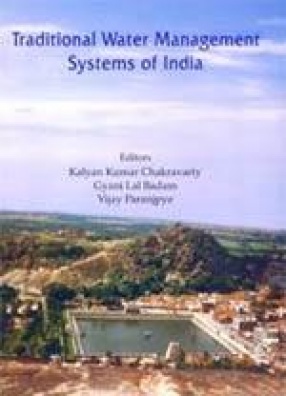
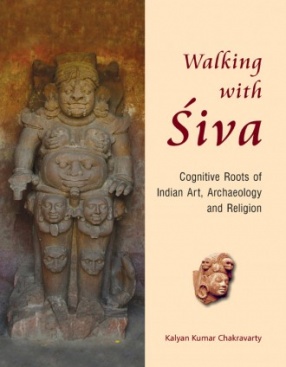
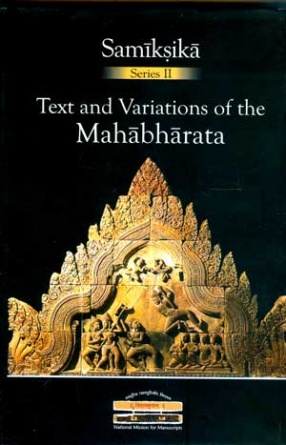
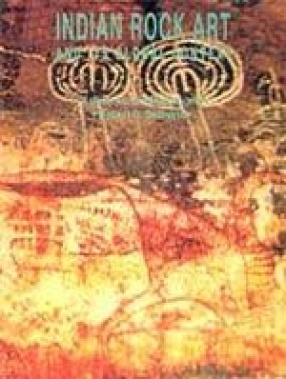
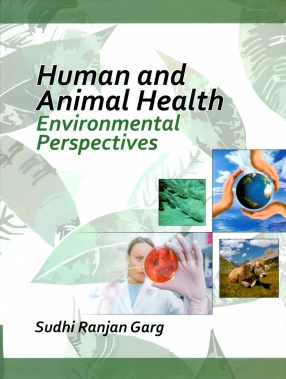
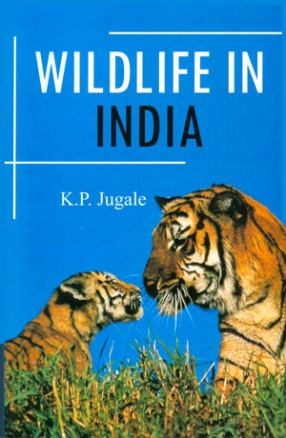

There are no reviews yet.